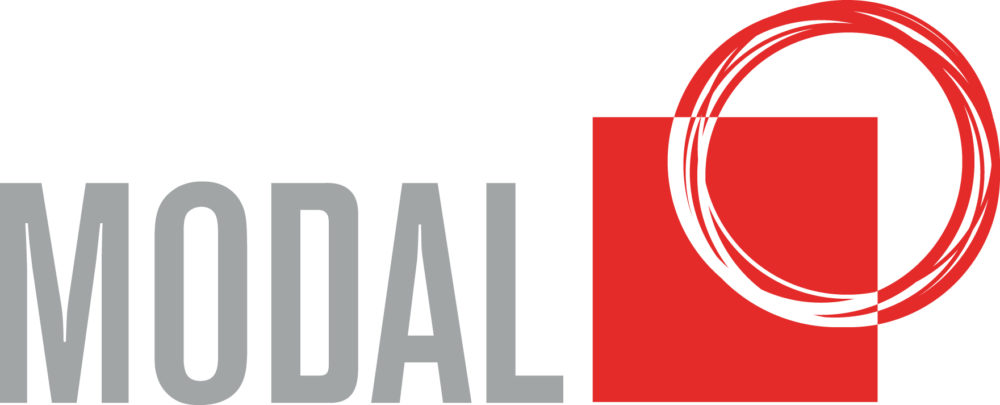I recently read an article about a conversation with Yuval Harari, the Israeli historian known as the ‘prophet of Silicon Valley’, which struck a chord. Harari claims that most of us today, particularly our leaders, don’t take enough time to ‘think things through’ and without this deep thought, leaders are losing their understanding of what’s happening in the world, and ultimately their control.
We live in a constantly changing world where everything around us seems to move at a dizzying speed. Our attention span has shortened from between 12-15 minutes in the year 2000 to about 5. As well, the rapid rate of change creates volatility and ambiguity further testing our resilience and focus. Many leaders feel trapped in the ‘tyranny of the urgent’ not able to break away from everyday matters. When deadlines are looming and we face issues that need quick resolution, dealing with the current situation requires all our time and energy, leaving little opportunity to take a step back and look at the bigger picture.
Yet the volatile conditions in which we operate require, in fact demand, that we take time as a leader to think things through, to strategise and effectively deal with the changes that define our future. Having a broader outlook beyond the here and now helps us gain a more profound understanding about what drives an organisation’s environment, and what trends are emerging. This future focus is essential for continuous improvement.
It is a constant struggle to balance time between being reactionary to demands and disruptions and taking time to think strategically. Juggling workload, home life, and community commitments leaves little space for down time, and even less for deep thinking. According to brain research, this increase in mental workload can have damaging consequences such as prolonged stress leading to performance breakdown.
The prefrontal cortex is the part of the brain that is used for deep thinking, reasoning, problem solving, creativity and perseverance; essential criteria for effective leadership. To ensure efficient performance, to reduce mental fatigue and to help stay focused it is important to take breaks that allow downtime for the prefrontal cortex to make essential connections that consolidate new information.
Breaks
Break time suggestions vary depending on what type of work you are doing. It seems the consensus is to take short breaks (5-15mins) every hour or so and take longer breaks (30-40mins) every 2 to 4 hours.
‘Exercising’ the brain
Practice using the prefrontal cortex more intentionally to increases the brain’s performance.
Some ideas include:
- Find ways to be grateful: Activities that include gratitude increase positive emotions which raises levels of dopamine and activates the prefrontal cortex.
- Learn a new activity: Learning something new and engaging fires off positive neurons that strengthen the reasoning functions of the brain.
- Sleep: Getting a good night’s sleep contributes to enhanced memory function.
- Mindfulness: The alpha rhythm in the brain helps to suppress sensory distractions and regulates the flow of information between brain regions. In a Harvard University study, participants who completed a mindfulness training program increased their attention span by making “faster and significantly more pronounced attention-based adjustments to the alpha rhythm”.
Minimise distractions
To give space for deeper thought, be aware of time commitments and distractions that lead the brain to switch between tasks so often that the prefrontal cortex is drained of energy. Implement simple techniques like:
- Turning off the alert function the announces the constant stream of messages coming into an iPhone or Apple Watch and schedule when to deal with these. This allows time to read and respond to incoming mail when it fits, not when it interrupts the flow of work and/or thought.
- Prioritising work to deal with the most important and pressing matters when fresh at the beginning of the day/week, and deal with matters that require less deep thinking toward the end of the day/week (where possible).
- Blocking time in the calendar for deep, strategic thinking. Turn off the phone and close the door during this period. You may need to give prior warning to your team!
Being a leader requires taking time to ‘think things through’. Putting controls into place that focus on increasing the brain’s performance has multiple benefits for you and for those around you. Give your brain the space and time it needs to function rationally and strategically with deeper thought. These are essential ingredients for effective leadership, now and into the future.





